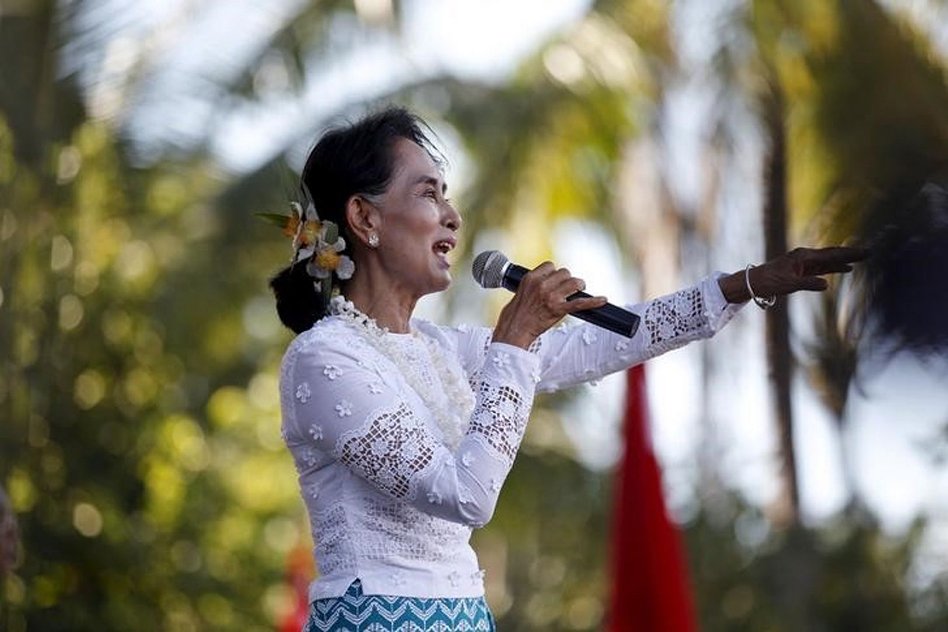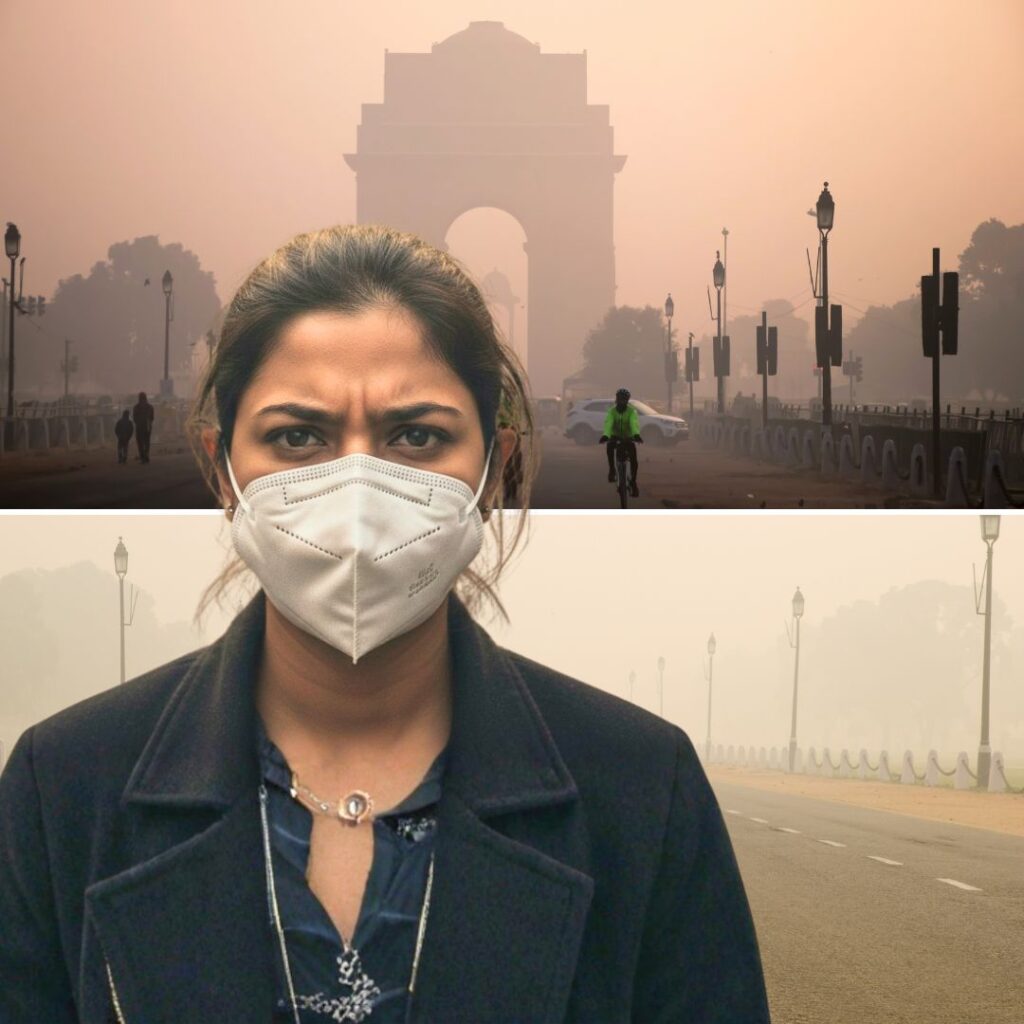Written By Rohit Parakh | Image Source: Soe Zeya Tun/Reuters
Myanmar’s Elections
Elections in a few countries have received as much attention as the recent elections in Myanmar’s. This article explores the elections and a brief timeline in the country’s recent political history.
National League for Democracy on top
With Myanmar’s tumultuous recent past, no wonder it has been so much under the spotlight. Although the results for its elections are curiously being released in phases spread over days, the indications seem certain on its outcome. Out of the 47% results of the overall seats declared, the National League for Democracy (NLD) under Aung San Suu Kyi has won a massive 85% of those seats. The President, Thein Sein from the current ruling party Union Solidarity and Development Party (USDP) which is largely comprised of ex-military officials has congratulated Suu Kyi on the results. However history tells us that there is a cause for concern, as the NLD which won a landslide victory in 1990 had the results being refused to be recognized by the military which ruled the country. Also there are anxieties as to why the election results are coming in a piecemeal approach. Some quarters within NLD have already raised apprehensions on the delays, fearing some mischief.
However Suu Kyi has publically calmed those apprehensions, alluding to the references made by the current government which has said repeatedly that they would implement the results of the election and also the greater awareness in the public and global community compared to 1990. Regardless of the final results, as part of the reforms towards democracy the military has already secured ministries of defence, interior and border security through constitutionally guaranteed powers. Also it has put clauses to block constitutional amendments if it wishes with 25% of seats reserved for it and any constitutional amendments requiring over 75% vote.
Suu Kyi will also not be eligible for the President’s post, as the constitution bars anyone with a foreign spouse or child to be debarred from being elected as the President. In a move that Indians will find familiar, Suu Kyi has said that if NLD claims the presidency she will be the de-facto leader and will be “above the President”.
The elections themselves are being held as reasonably free and fair by the international observers however with significant flaws. There were major flaws in the voting list and the Union Election Commission Chairman, Tin Aye himself admitted that he could guarantee accuracy of only 30% of the voter list. Tin Aye also brought his neutrality to doubt when he told to the media – “The President and I are comrades; brothers in arms. We have mutual respect.” Also of major concern was that nearly a million Rohingya Muslims were debarred from voting under pressure from Buddhist nationalists and the current government itself who have questioned their citizenship. Rohingyas who are often described as one of the most persecuted minorities in the world are considered Bangladeshis by the current government. The Rohingyas constitute a significant proportion of the millions of people who have left Myanmar illegally in search of security and a better life elsewhere. Most of these work as undocumented migrant workers in Malaysia, Thailand and other surrounding countries.
Myanmar’s transition to a fully-functional democracy provides an opportunity for India to reset its relations with Myanmar to the next level in multiple spheres – social, cultural, defence, infrastructure and trade. Through PM Modi’s Act East policy, India needs to make a pro-active start in building bridges and supporting Myanmar’s transition to what is being described as a “disciplined democracy”.
Timeline
1942 – Japan invades the British-ruled Burma.
1945 – Britain ends Japanese occupation of Burma with help from Anti-Fascist People’s Freedom League (AFPFL), which was led by Aung San.
1947 – Aung San and six members of his interim government assassinated.
1948 – Burma gains independence with U Nu as Prime Minister.
1962 – U Nu’s government and legislature overthrown by military led by Chief of Staff General Ne Win. Economy nationalized, nation transformed into single-party state with Burma Socialist Programme Party (BSPP) the sole party and economy nationalized.
1974 – New constitution established transferring power back from military to the legislature.
1988 – Massive anti-government riots take place leading to death of thousands in what came to be known as 8888 Uprising. State Law & Order Replacement Council (SLORC) formed replacing BSPP beginning its period as the ruling power for Myanmar. Aung San Suu Kyi (daughter of Aung San) returns from UK to enter politics and helps forms National League for Democracy (NLD).
1989 – Suu Kyi put on house arrest, many others arrested. Martial law declared. Burma renamed to Myanmar.
1990 – NLD wins elections by landslide, however election results not recognized by military.
1991 – Suu Kyi awarded Nobel Peace Prize.
1995 – Suu Kyi released from house arrest.
1997 – SLORC renamed to State Peace and Development Council (SPDC). Reforms start slowly, brought in part by international community pressure however beset by a long period of turbulence.
2000 – Talks begin between NLD and SPDC. Period of intermittent, on-and-off release and hold under house arrest policy begins for Suu Kyi.
2004 – Constitutional convention to draft constitution begins, boycotted by NLD.
2008 – Constitution published and begun to be brought into force.
2010 – First elections in 20 years take place. SPDC ceases to exist. Elections boycotted by NLD. Military-backed party USDP claims victory. Elections widely condemned as rigged and intransparent. Suu Kyi released permanently from her last house arrest after elections.
2011 – Thein Sein elected as President.
2012 – NLD candidates sweep parliamentary by-elections.
2015 – Elections take place, NLD on course to sweeping elections.










